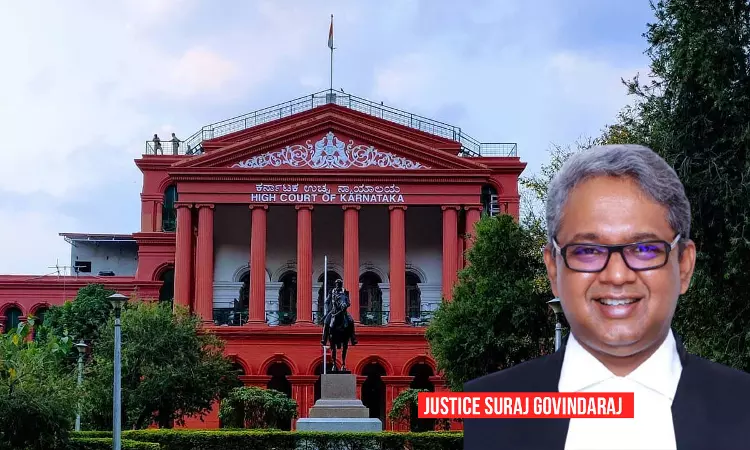Karnataka High Court Directs Integration Of Police IT System With Road Accident Database, FSL, Insurance Depts
Mustafa Plumber
8 Aug 2023 5:32 PM IST

Next Story
8 Aug 2023 5:32 PM IST
The Karnataka High Court reiterated that Motor Vehicles Act being a beneficial legislation, the provisions thereof have to be given beneficial meaning and effect. It held that benefit under the Act cannot be taken away on a technical aspect that too of limitation under Section 166(3) of the Act, which mandates that no claim petition can be entertained unless it is made within six months of...
